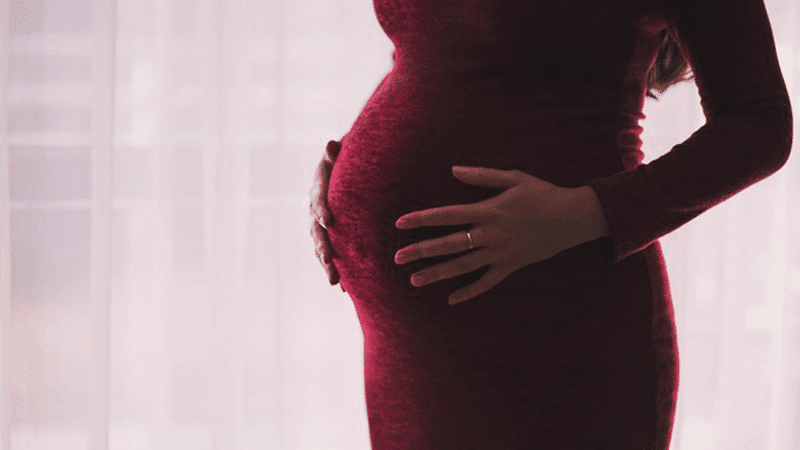Teenage pregnancies have fallen dramatically since 2008, according to new figures from the Office for National Statistics (ONS).
In the year to September 2016, just over 17,500 girls under 18 in England became pregnant – in stark contrast to the 39,474 teenage pregnancies in the year to September 2008.
One expert says this presents a challenge to the Government, as the figures suggest that forcing sex education on children is not the best way to reduce teen pregnancies.
Failed strategy
The falling numbers highlight the failure of Tony Blair’s Teenage Pregnancy Strategy, which ran from 1999 to 2010.
It aimed to reduce teen pregnancies in England by giving teenagers sex education and access to contraception.
The heavily-funded strategy was designed to halve the rate of under-18 pregnancies from 47.1 in every 1,000 girls. However, by 2008 the level was still over 40.
Since 2008, funding for such measures has been cut by over 70 per cent, and the latest figures show that the rate has dropped to just 17.7 pregnancies for every 1,000 girls.
Funding
Professor David Paton conducted research which points to the reduction of spending on sex education and contraception as a possible cause for the fall in teenage pregnancy rates.
He said: “From 1999, the Labour Government massively increased spending on easier access to contraception for teens and earlier sex education with no discernible effect on unwanted teen pregnancy”.
He said that while sexual health groups claimed that teenage pregnancy and abortion rates would increase as a result of cuts, the opposite has been true.
“In fact, since spending on teenage contraception and sex education has been cut, teenage conception rates have decreased very significantly and the latest figures from the ONS suggest that trend is continuing.”
Challenge to Govt plans
The rise of social media and an increase in the number of girls going to university were also factors linked to the fall in teenage pregnancies.
Prof Paton said England has also benefited from a global trend whereby teenagers are partaking less frequently in risky behaviours such as drinking, drug taking and having underage sex.
He continued: “The latest figures present a challenge to the Government’s plans to force all primary schools to introduce sex education and to limit the rights of parents to withdraw children from inappropriate sex education.”


